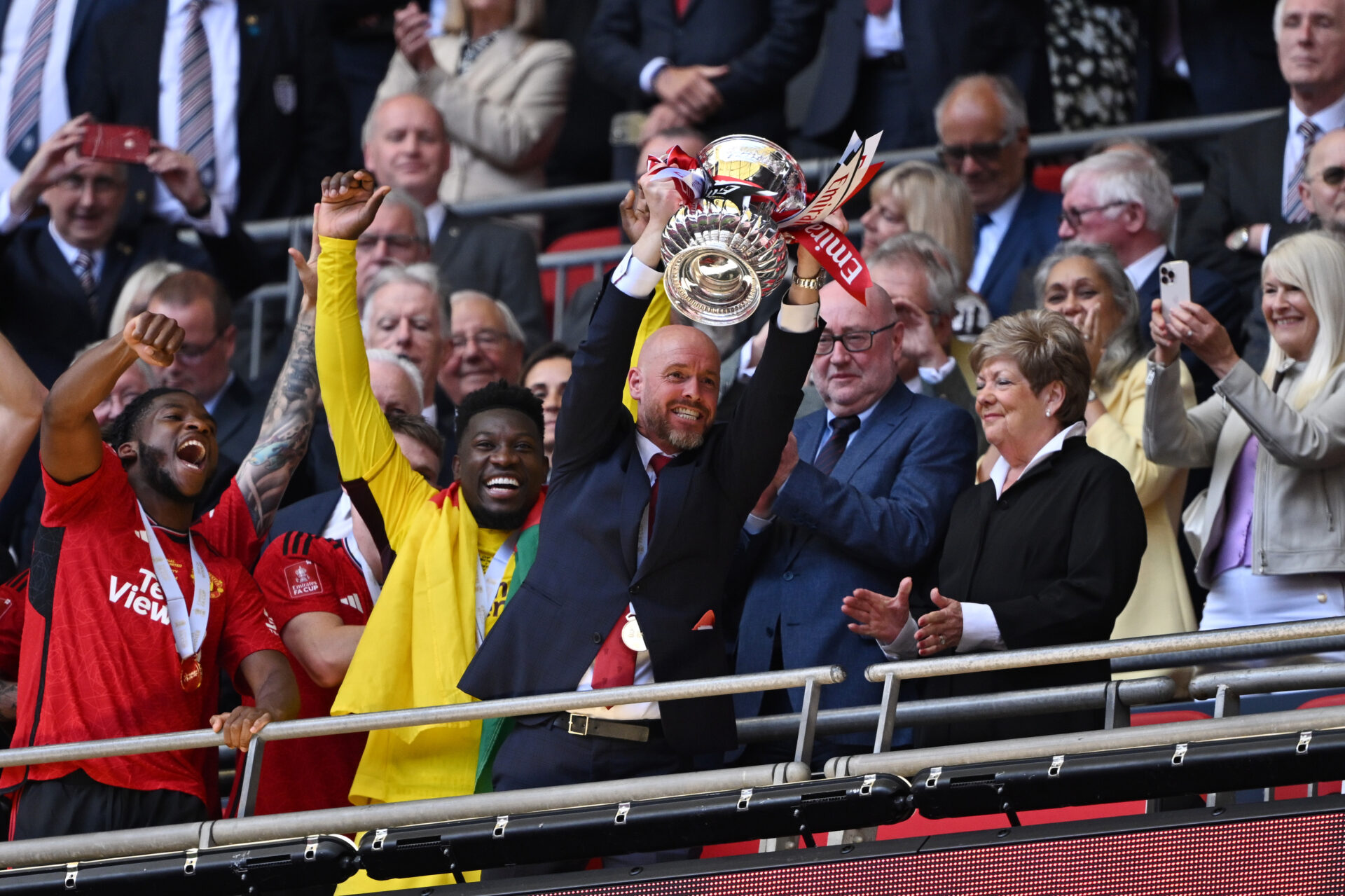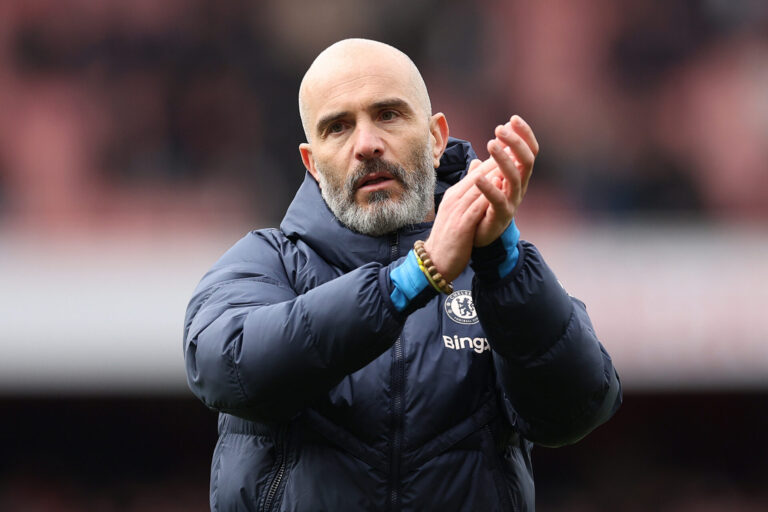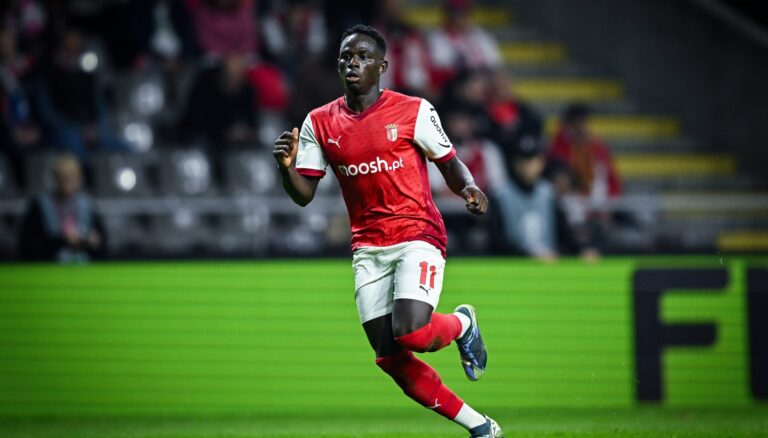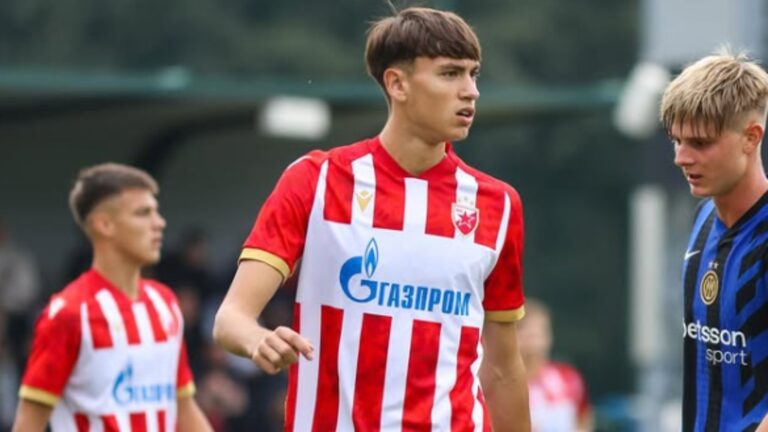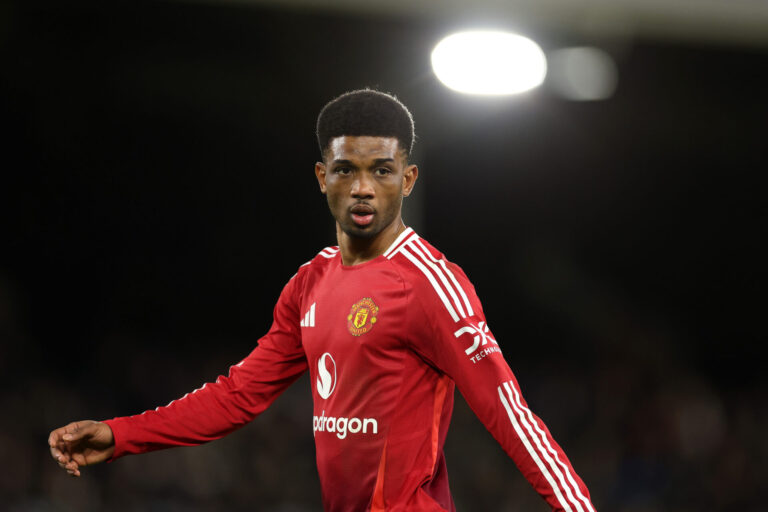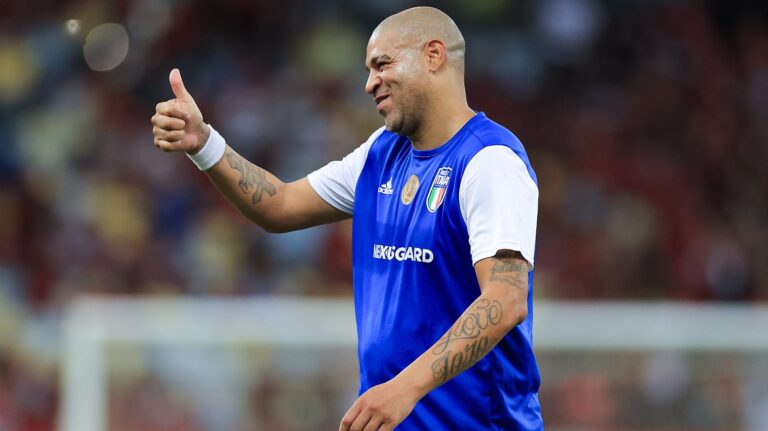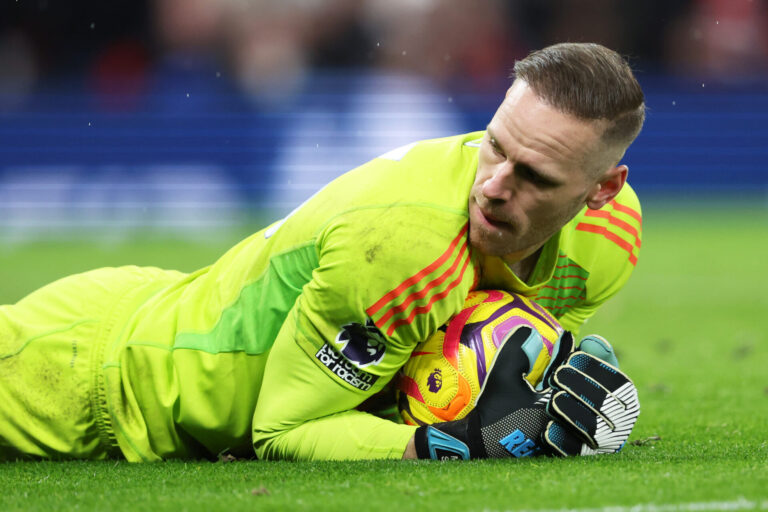Here’s to you, Erik ten Hag
I remember my first time watching Erik ten Hag ball. It was that brand of football that got you perched on the edge of your seat. Everything you wanted from a football team, encapsulated in a formidable Dutch unit, spearheaded by a man from Twente, who dared to dream the impossible dream.
Erik had a more difficult job than many gave him credit for when he came to England. Manchester United finished 6th the season he joined on 57 points, the lowest tally of any team to play under the banner of the Red Devils in the Premier League era. Ralf Rangnick said although it could in theory take United two or three years to return to the pinnacle again, the club required open heart surgery to get back to where they needed to be, challenging for leagues, pushing for titles.
“You don’t even need glasses to see and analyse where the problems are,” he said. “Now it’s about how do we solve them? It’s not enough to do some minor amendments— cosmetic things. In medicine, you would say that this is an operation of the open heart.”-Ralf Rangnick.
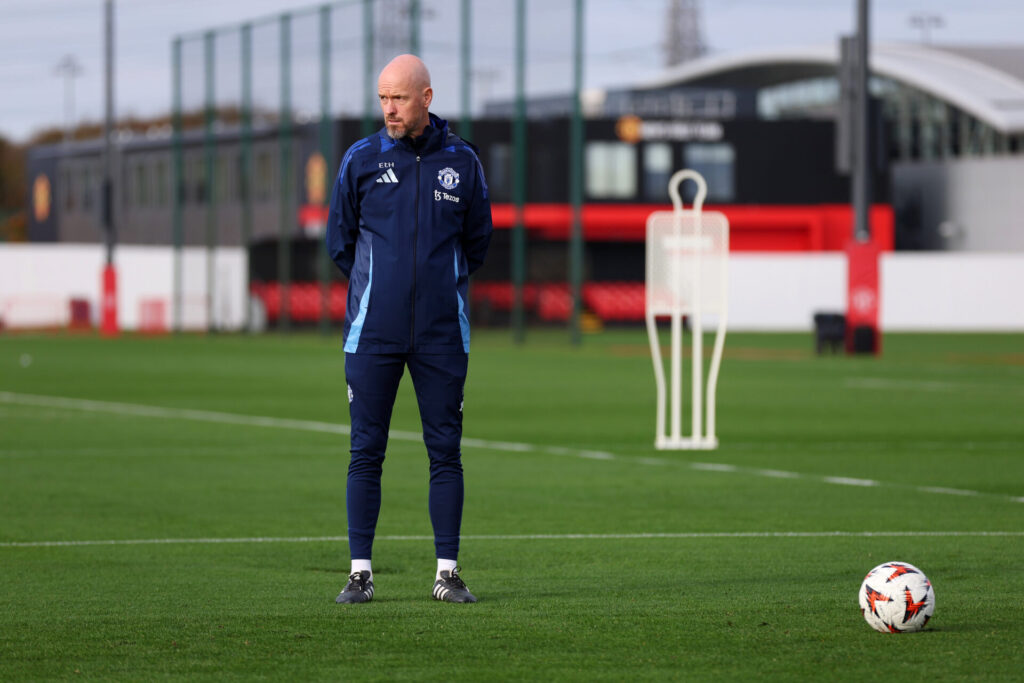
The Job After Ole + The Goose Chase For Erik:
The job of coming after a club legend in Ole Gunnar Solskjaer also came with its own obstacles. Fans poured their love into Ole in a way they couldn’t for other managers, and that meant to win the love of them in a manner anywhere near close to that, Erik would have to hit the ground running.
He didn’t, and scrutiny ensued. Manchester United are the biggest club in the world, and with that comes the most scrutiny, but scrutiny sometimes becomes personal, and personal attacks have no place in the world of football.
The fact Sky Sports arrived at Carrington after his difficult start spoke volumes. Erik was perhaps the only manager that could be subjected to a witch hunt like this; unfortunately, it seems every Manchester United manager is.
The goose chases at times were uncomfortable. The attacks on his attire, speech, and charisma were borderline disgusting, making it a damning indication of where modern media are at in this present moment.
Alan Shearer attacking him after the FA Cup final win against the greatest team on the planet rings true in the mind, despite the fact he played a heavy hand in relegating his boyhood club Newcastle. The Dutchman had just performed a perfect tactical performance from a managerial perspective, bringing home a major trophy to Old Trafford yet again after giving the fans their third big day out in two seasons.
The thing is, this type of criticism wasn’t new to Erik. He had similar situations at Ajax. Fans booing the team bus on arrival to games. There were questions over his ability to lead a team forward upon his initial arrival in Amsterdam, but it didn’t last long.
Who does that wisecracking ‘farmer from the sticks’ think he is?” There was a smear campaign. The team bus was greeted by angry fans after his first six months. But suddenly the puzzle fell into place. And in a completely different way than with us. The signature of a craftsman, I believe.– Willem Jansen.
The Tukker From Twente:
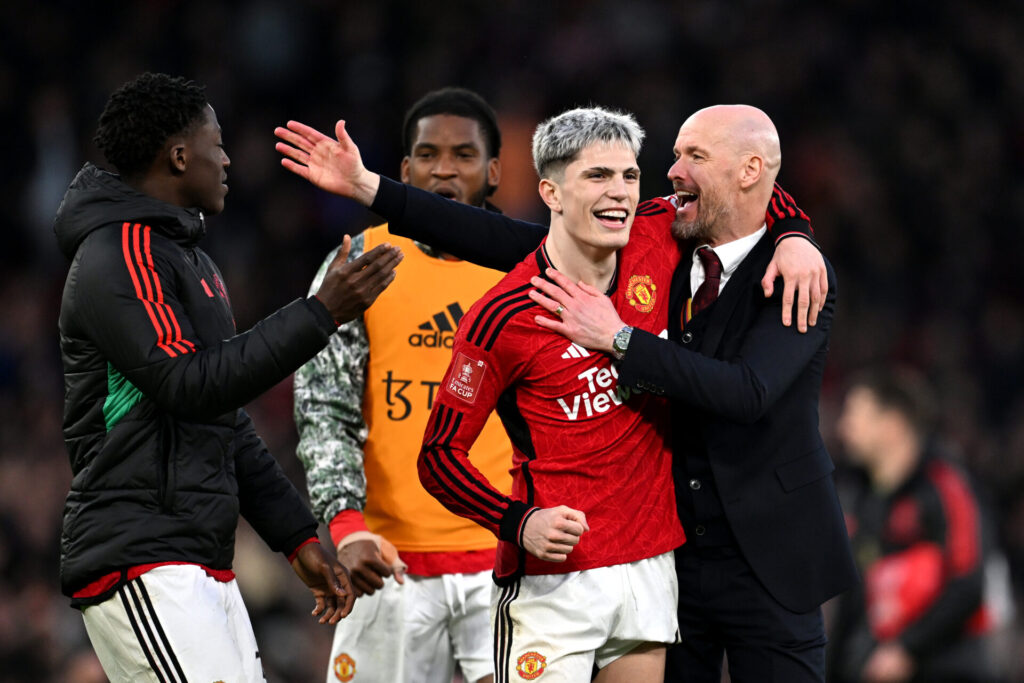
A famous image to showcase is Erik holding the mic in the middle of Amsterdam Square after winning the title, jeering up the Ajax fans in their hundreds of thousands in front of him, celebrating the success of their achievements together. The fans at the Amsterdam arena fell in love with the Tukker from Twente in a manner they never imagined possible, and he delivered three titles during his period with the club, which could have been a fourth but for the stoppage of the league due to COVID.
Erik instilled a culture at Manchester United. This is something others have tried to do but failed. Jose Mourinho and Louis Van Gaal tried with all their might but couldn’t. Erik, in a way, was the most successful out of the three in instilling that culture. Ronaldo bounced out the door deservedly and then followed Jadon Sancho, who, as good a lad as he is, was never going to work at Manchester United.
Louis Van Gaal warned the 54-year-old not to take the job. Van Gaal, who also won the cup during his reign at Old Trafford, warned Erik not to join Manchester United because they were not a football club but a commercial one. Things have changed since INEOS came in, and that Glazer focus on commercial deals over football success is slowly disappearing, but the aftereffects linger like a never-ending hangover. It will take time to nurture the club in the right direction.
The Harry Maguire situation was dealt with correctly, and both parties have come out of that situation in a better manner. Maguire felt that weight lifted off his shoulder and got to focus on his own performances, again becoming a hugely important fixture in the United backline, as he has continued to do since he signed.
The first season, in a sense, was Erik’s biggest mistake. His mistake was success, and perhaps that prompted United fans to believe they were in a position to challenge for the title on a regular basis. They weren’t, and regardless of who takes over next, they still aren’t in that position just yet.
Finishing third in his first season was a remarkable achievement, something that is often forgotten when judging his ability as a manager. Taking United to two finals, winning one, and finishing third is a season many would have dreamed of when he took over. Unfortunately, the ending is something we all felt could happen too, as the unrelenting cycle at Manchester United continues.
United played nice football that year and beat some huge teams. Barcelona, Liverpool, Arsenal, Manchester City. They went unbeaten for 30 games at Old Trafford after defeat to Brighton at Old Trafford on match day one, and the togetherness between fans and players as well as staff felt more mended than ever during that period, as the Old Trafford roar spurred United on match day after match day.
The Signings Argument:
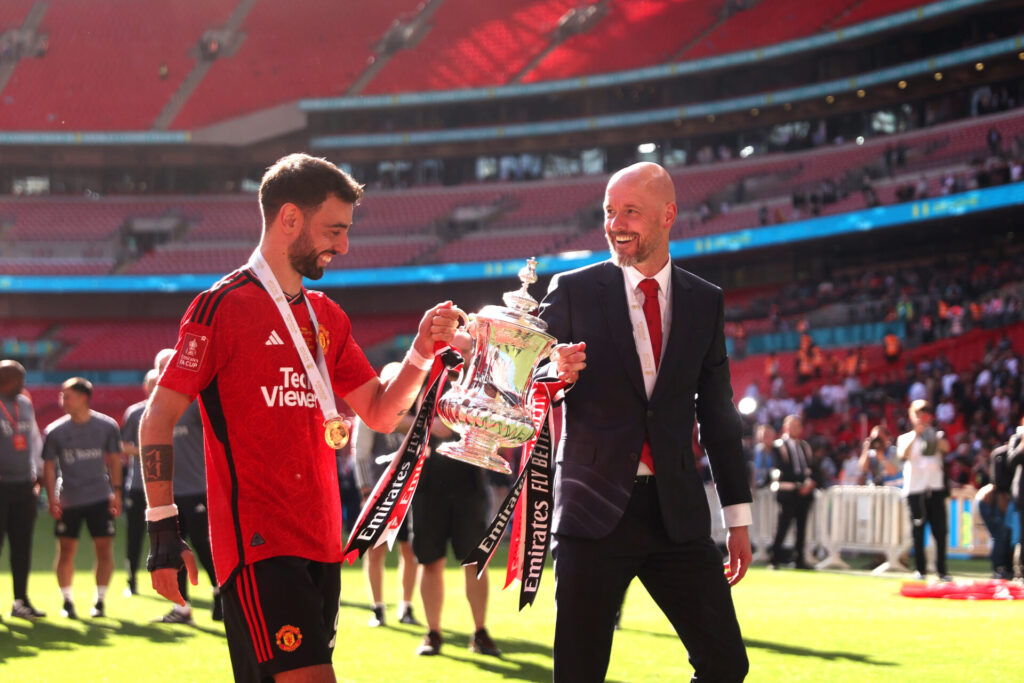
A criticism levelled at Erik was the price of certain signings. Antony’s name is one that comes up a lot, but Erik didn’t pay £90m for the Brazilian. The club initially valued Antony a lot cheaper but chose not to sanction the deal. That familiar Glazer panic set in after Brentford, which prompted that money spent on Antony. Casemiro was another one that, although Erik would have been on board with, certainly wasn’t the type of number six he wanted.
Rasmus Hojlund, Andre Onana, Matthijs De Ligt and Noussair Mazraoui are all astute acquisitions that have strengthened the squad. Joshua Zirkzee likewise, but there has been a hint of unluckyness to some of the signings. Mason Mount’s injury issues have pegged back the development of the team as they looked to replace Christian Eriksen’s presence centrally, and Tyrell Malacia’s truly unfortunate setbacks have meant United have been without a left-back for large parts of Erik’s reign.
Lisandro Martinez is a signing many will agree was transformative, and Leny Yoro’s signature sets United’s back line up for the next decade. Many will suggest Erik didn’t have a part to play in the signing of Yoro, but it’s unfair to suggest he’s the entire fault of the players they don’t like and has nothing to do with the signings of the ones they do.
Style Of Play:
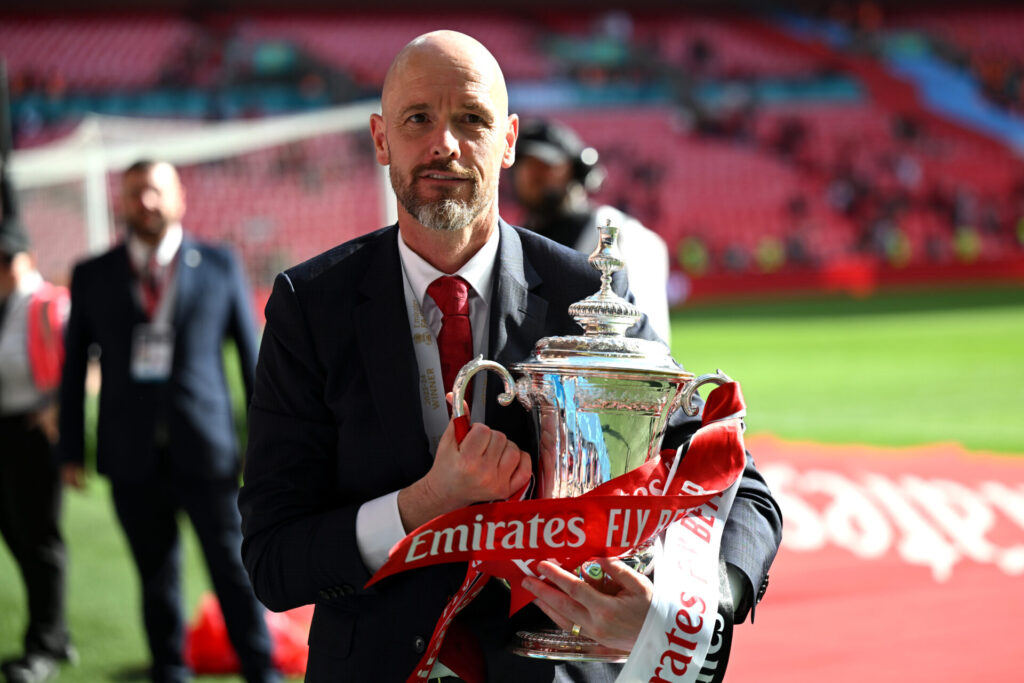
Much was made of Erik’s statement in his second season that he couldn’t play the Ajax way at Manchester United, but those who truly followed his career wouldn’t have been surprised by this. He’s always tweaked his style to suit the club and the players at his disposal. His Go Ahead Eagles side looked different than his Utrecht team, his Utrecht team looked different than his Ajax, and of course his Ajax was different from his United.
“Often at Ajax we think winning the ball is playing possession, but if you win the ball and the opponent is open, you have to recognise the moment and play it forward immediately.”
The possession heavy style at Ajax is a factor in his overall philosophy, but it’s always been possession with a purpose, with a major emphasis on control and suffocation, mixed in with a heavy favouritism to transitions. Erik has spoken in the past of the importance of surprising the opponent and hates the Hollandaise natural tendency to gravitate towards pointless possession.
At Ajax under Ten Hag, almost 60 percent of their successful combinations took place in the opposition’s half In the past, Ten Hag has highlighted the importance of a turnover, both attackingly and defensively. He has declared the turnover a key part of the game in both aspects, especially when the ball is won high up the pitch. What’s the purpose when you win the ball back? How do you attack the opposition?
His Utretcht side were compact defensively and direct, but also liked to hurt the opponent as soon as they got the ball, leading the league in Eriks first season at the halfway stage for most goals scored within four passes of winning the ball back.
When you watch United’s second goal against Brentford, that’s a huge example of an Erik ten Hag goal. High suffocation, verticality in the press, and scoring within those previously mentioned four passes or less patterns
A Fond Farewell:
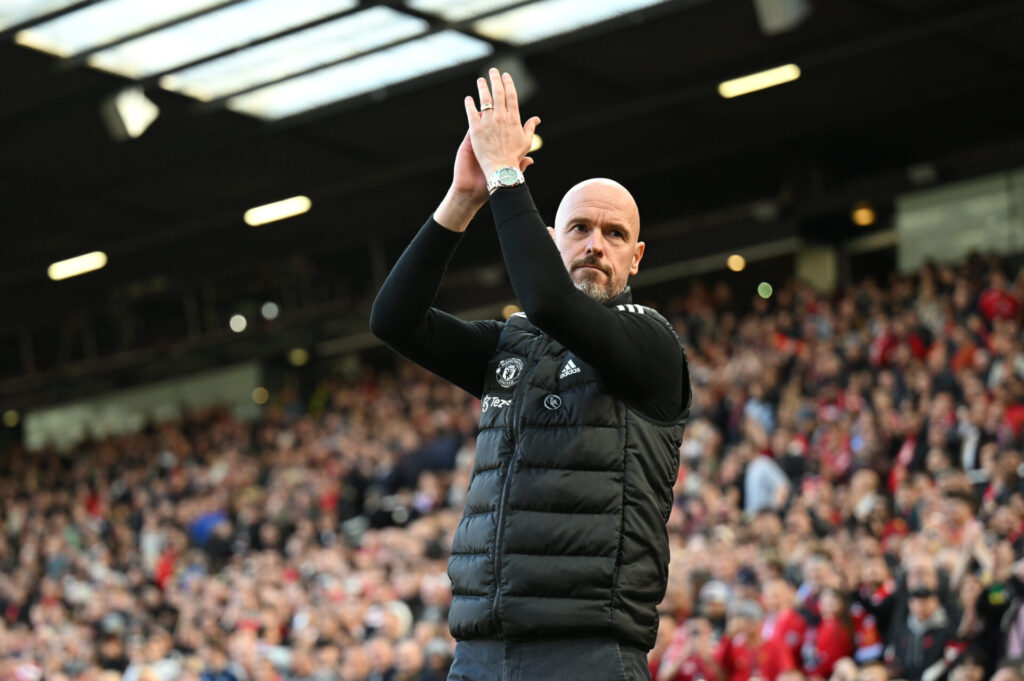
United for the last two seasons haven’t been at the level they need to be, and the manager as well as the players internally will have known that prior to Erik’s sacking. 67 injuries last season is an easy metric to float over, but it’s enough to decimate any team, and it can’t be ignored how much it affected United.
This season, however, injuries haven’t been a true excuse. The Liverpool and Spurs games were likely the closing factors, but there were clearly signs of improvement in the rest of the games, unfortunately missing out on victories due to luck, bad decisions, and sometimes bad organisation and commitment.
A general feeling is that Erik, who is described as a true tactical genius and a workaholic, will not be out of work long. Bayern Munich have always been a club close to his heart, and he’s revered hugely internally at the Bavarian club, collecting the nickname “mini pep” during his time in Germany, where he accumulated more points per game than any other manager with the Bayern II side.
Some with ties to Erik feel he was unlucky to join United during such a turbulent period. The Dutchman will understand results weren’t what they needed to be at a club like the Reds, but in truth they haven’t been that way for ten years, and there’s no guarantee the next manager restores them to that either
A change, however, could be good for both. Erik could restore his reputation in the world of football with his next job. United could benefit from a change in the dugout, with the squad as a whole in a better place now than when Erik took over, with a number of young players already in the first team squad and a plethora behind the scenes waiting to break through.
Memories were made during his reign, with Liverpool in the FA Cup Quarter Final, truthfully my greatest moment as a Manchester United fan. The restoration of the club to the trophy column after a six-year hiatus can’t be forgotten either, and being the first manager in the club’s history to win a major trophy in his first two seasons shouldn’t be swept under a reactionary blanket.
Andy Mitten has spoken about the human behind Erik, a part many in the media tried to convince people didn’t exist. A number of his ex players have paid homage to his people skills and praised the type of human he is, and that’s the way he should be remembered upon leaving Manchester United. A man who had the club’s best interests at heart who leaves with his head held high.
A relationship born out of what felt like faith ended in a cloud of uncertainty. One thing’s for sure: Manchester United are better for the presence of Erik ten Hag over the last few years, and time will be kind to both him and the club.


